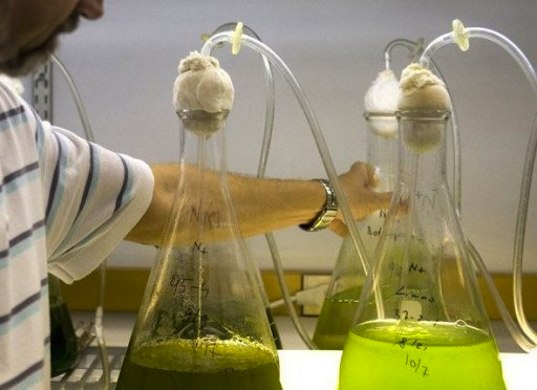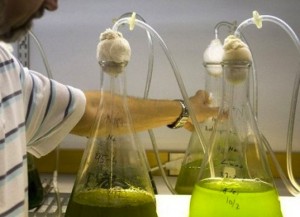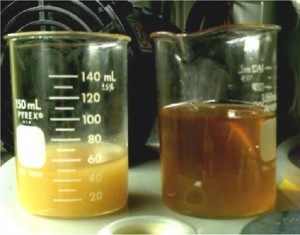
Algae biofuel is one of the most promising alternative fuels on the market – so far we’ve seen cars and even planes adapted to run on it. The main drawback thus far has been high production costs and energy usage – until now. Using a new “cost-effective harvesting method” featuring microbubbles, a team from the University of Sheffield believe they have found a way to make algae a more commercially viable fuel source.

 Follow
Follow









